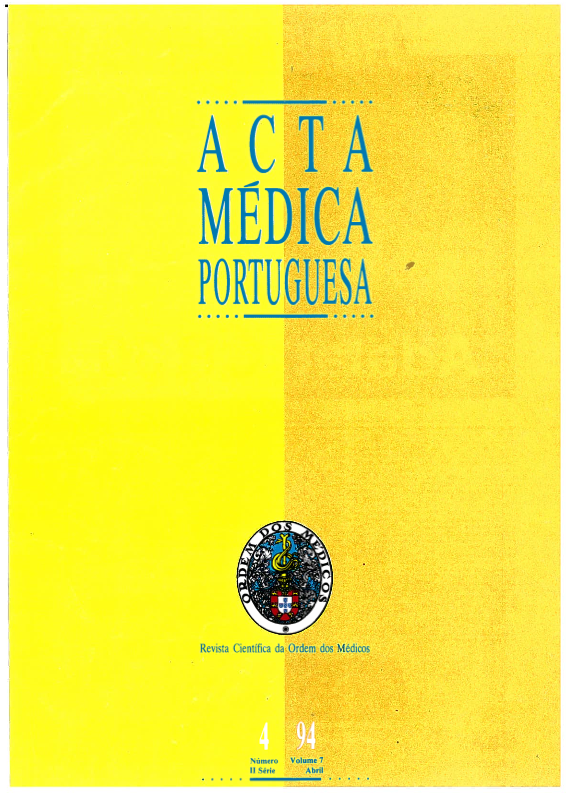Consequences of the correction of post-transplantation hypophosphatemia on mineral metabolism.
DOI:
https://doi.org/10.20344/amp.2891Abstract
To study the effect of the correction of post-transplantation Hypophosphatemia on mineral metabolism.15 patients with renal transplants for 3 to 12 months, Serum Creatinine "177 micmol/1, were treated with oral phosphorus (P) for persistent hypophosphatemia.3 periods of blood and urine collection at intervals of 3 weeks. T1 under basal treatment with oral P, T2 after 3 weeks off medication with P, Ca, or P binders. T3 3 weeks after going back on oral P supplements.Serum P dropped from T1 to T2 (1.03 +/- 0.03 mmol/L to 0.83 +/- 0.03 mmol/L, p "0.0001), rising again in T3 to 1.06 +/- 0.03 mmol/L. From T1 to T2, PTHi decreased from 95.4 +/- 8.7 to 66.8 8.9pg/ml), osteocalcin rose from 3.8 +/- 1.2 to 16.6 +/- 2.3ng/ml (p<0.001) and 25-Vit D rose from 16.7 +/- 1.9 to 21.4 +/- 2.1 ng/l (p<0.001), with the reversal of these changes from T2 to T3 when serum P increased once again. There was a significant correlation between serum P and PTHi and serum P and 25-Vit D. There were no significant variations of the serum Ca, Alk. Phosph., ICTP and CaFE values in the three periods.1-Serum P never dropped below 0.55 mmol/L, which had no clinical consequences, 2- When the P dropped, PTHi also dropped and osteocalcin and 25-Vit D rose, without any major variation in bone catabolism, 3- Correction of hypophosphatemia may delay recovery from secondary hyperparathyroidism.Downloads
Downloads
How to Cite
Issue
Section
License
All the articles published in the AMP are open access and comply with the requirements of funding agencies or academic institutions. The AMP is governed by the terms of the Creative Commons ‘Attribution – Non-Commercial Use - (CC-BY-NC)’ license, regarding the use by third parties.
It is the author’s responsibility to obtain approval for the reproduction of figures, tables, etc. from other publications.
Upon acceptance of an article for publication, the authors will be asked to complete the ICMJE “Copyright Liability and Copyright Sharing Statement “(http://www.actamedicaportuguesa.com/info/AMP-NormasPublicacao.pdf) and the “Declaration of Potential Conflicts of Interest” (http:// www.icmje.org/conflicts-of-interest). An e-mail will be sent to the corresponding author to acknowledge receipt of the manuscript.
After publication, the authors are authorised to make their articles available in repositories of their institutions of origin, as long as they always mention where they were published and according to the Creative Commons license.









